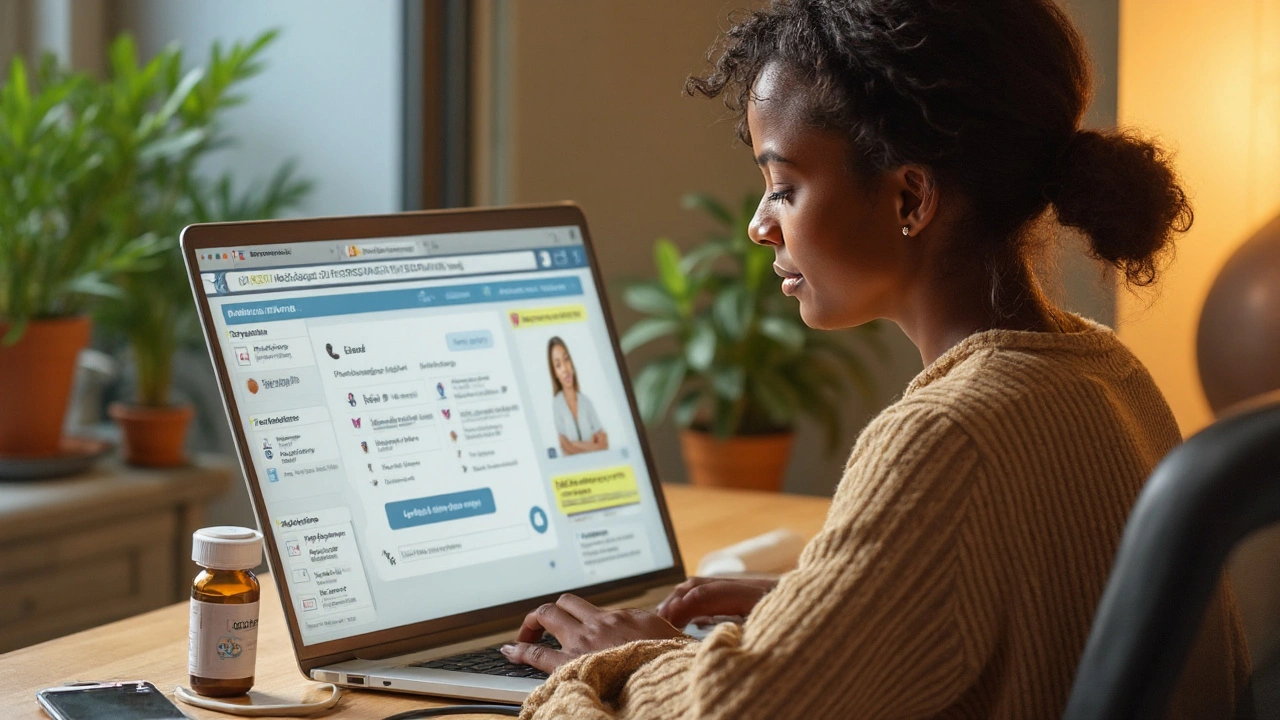Prescription Medication: What You Need to Know Right Now
Prescription medication is any drug that needs a doctor’s approval before you can get it. That rule isn’t just paperwork—it protects you from dangerous mixes and makes sure the dose matches your health needs.
How to Choose a Safe Pharmacy
Not every online store is legit. First, look for a licensed pharmacy that asks for a valid prescription. If a site sells a drug without proof of a doctor’s order, that’s a red flag. Check the pharmacy’s address, phone number, and whether a certified pharmacist is listed as a contact.
Second, verify the pharmacy with a national regulator. In the U.S., the National Association of Boards of Pharmacy (NABP) runs the VIPPS program; a VIPPS seal means the site has passed safety checks. For Canada, look for the CDSA seal. When you’re in South Africa, the SAHPRA label does the same job.
Third, compare prices, but don’t let a bargain blind you. Extremely low prices often mean counterfeit pills. Use a price‑comparison tool, then call the pharmacy and ask about the drug’s manufacturer, batch number, and expiration date.
Managing Your Prescriptions Like a Pro
Keep a digital or paper list of every medication you take, including dose, timing, and why you’re on it. Apps like Medisafe or a simple spreadsheet can send you refill reminders and warn about possible interactions.
When you get a new prescription, ask the doctor or pharmacist about common side effects. Knowing what to expect helps you spot problems early. For example, antihistamines may cause drowsiness, while steroids like dexamethasone can increase blood sugar.
If you travel, bring a copy of the prescription and a letter from your doctor. Some countries require a printed prescription even if you’ve filled it at home. Store the meds in original packaging to avoid customs issues.
Saving money doesn’t have to mean taking risks. Look for prescription coupon platforms that work with your insurance. GoodRx, Blink Health, and even some pharmacy chains offer discount codes that cut costs by up to 80 %.
Finally, never share your medication, even with close friends or family. A drug that works for you might be dangerous for someone else, especially kids or pregnant women. If you have leftover pills, ask a pharmacist about safe disposal programs.
Prescription medication can feel overwhelming, but the right habits keep you safe and in control. Verify the pharmacy, track your meds, ask questions, and use coupons wisely. You’ll get the treatment you need without surprise side effects or hidden costs.
Want methyldopa without the headaches? See where to buy it online legally and safely in 2025, how scripts work, price checks, delivery, and red flags to avoid.
More
